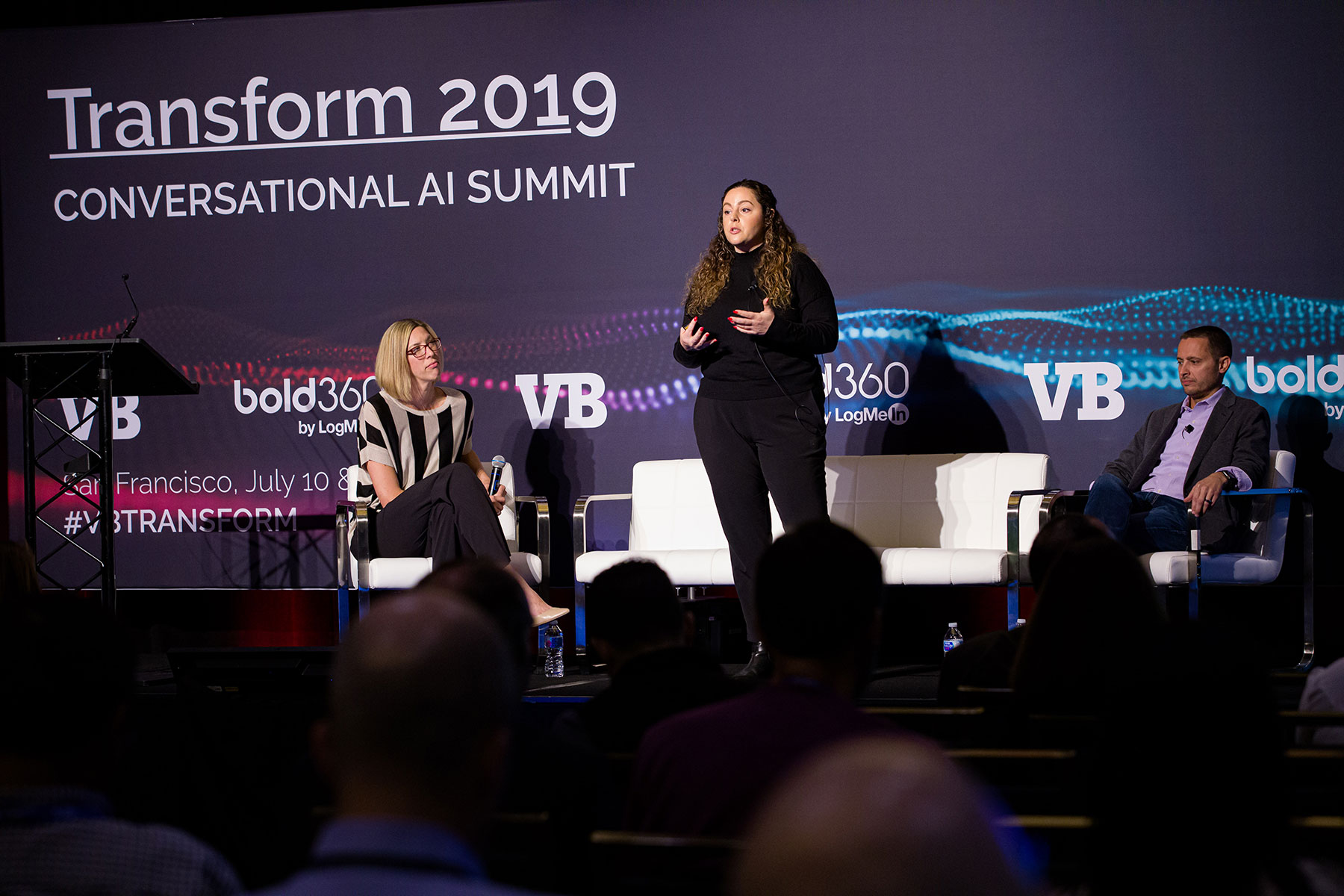



I had the enormous privilege to go to VentureBeat’s Transform 2019, an AI conference in SF. My mission was to find out how to make recommendation systems better. Services like YouTube, Facebook, Netflix, and Spotify use them to help people choose what to consume next, and the one thing they all seem to center it around is a person’s past behavior. It shouldn’t.
For Amazon, behavior should be a sizable part of the equation in recommending products to buy, but for ideas, stories, and any kind of content, it’s different. It should be different. People can go to their friends and family for what’s happening in their community and culture, but the greatest promise of the internet and other mass communication is being able to hear ideas & stories from people anywhere around the globe. Mind you, there’s a lot of them out there.
That’s where editors, curators, dj’s, and other domain experts come into play. It’s about gearing them up with the latest tools and technologies. They will be the ones best suited to program recommendation systems to help people get outside of their own filter bubbles. One of the speakers at Transform put it simply, this isn’t just about artificial intelligence, but augmenting (human) intelligence as well. First and foremost, the people who are at the forefront of a field. Someone who’s made it their life’s work. Next, democratize it to everyone else.
AI for by All
I recently attended a workshop at Stanford’s d.school on ‘Designing with Machine Learning.’ It was meant to raise awareness of how anyone can & should learn design principles in order to affect the progress of machine learning. It’s not just for coders to decide. It felt like Transform 2019 had the same thread throughout.
Rodney Sampson gave a compelling introduction on the second day of Transform about the impact of AI on diversity, equity, and inclusion. What was most startling was the median average wealth of a family in the US (assets – liabilities) broken up by race:
(based on Pew Research)
Whites: $170,000
Asians: $100,000
Latinxs: $20,000
Blacks: > $17,000
With the advent of AI, this disparity has & will continue to get worse. If we don’t take corrective measures, by 2053 & 2073, respectively, black and latinx families will have a median wealth of $0. While a big part of correcting this will have to come from the government, Sampson shows from the top-down how companies can curb racial inequality:
While the pipeline problem is becoming less of one, good teachers are still a necessity in getting a bigger portion of the population involved in AI. And there was no better example of that at Transform than Yosi Taguri!
A good teacher can relate
It felt like I was back in middle school during lunch on the second-day at Transform. There were a bunch of spots to sit in and I had no one who to sit with, so I found a group who looked friendly enough and took a seat. Almost instantly, a gentleman sitting next to me turned around, introduced himself as Yosi, and asked me about myself. We had a friendly 15-minute conversation with the rest of the group – he actually briefly helped me pinpoint the problem with recommendation systems – and told me to come to his talk later before having to run off.
Fast-forward an hour and I completely forgot about his talk but wanted to go to “Deploying Deep Learning 101.” Guess who was on stage? For the next half hour, Yosi enthralled us on the latest in deep learning. It didn’t feel like some boring professor on stage like, to be honest, most of the others did, but he related to what we know, how we think (pattern recognition), and how deep learning is about to deeply affect us all. He explained how easy deep learning is to understand compared to machine learning, which he even admittedly didn’t fully grasp.
We need more teachers like Yosi making AI not only accessible but interesting to non-technical people. Because it is! And a lot of experts in AI don’t know how to translate it well, if at all. Yosi did.
AI & Machine Learning Podcasts
Most of my education nowadays starts with podcasting. Here are nine data science, machine learning, and artificial intelligence podcasts to get you started off too.
